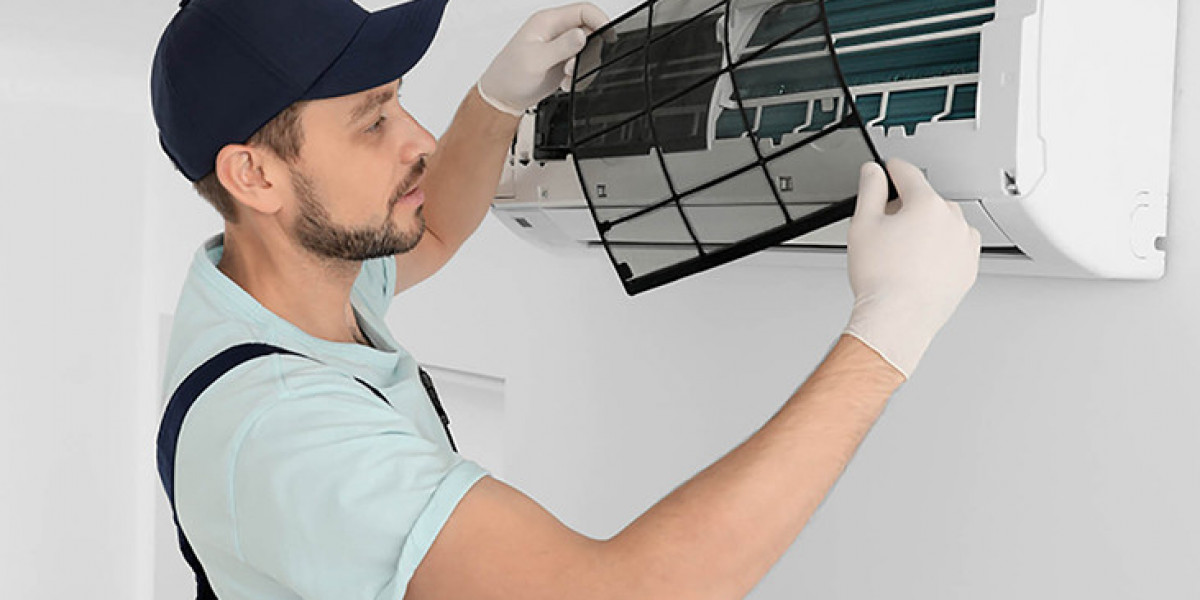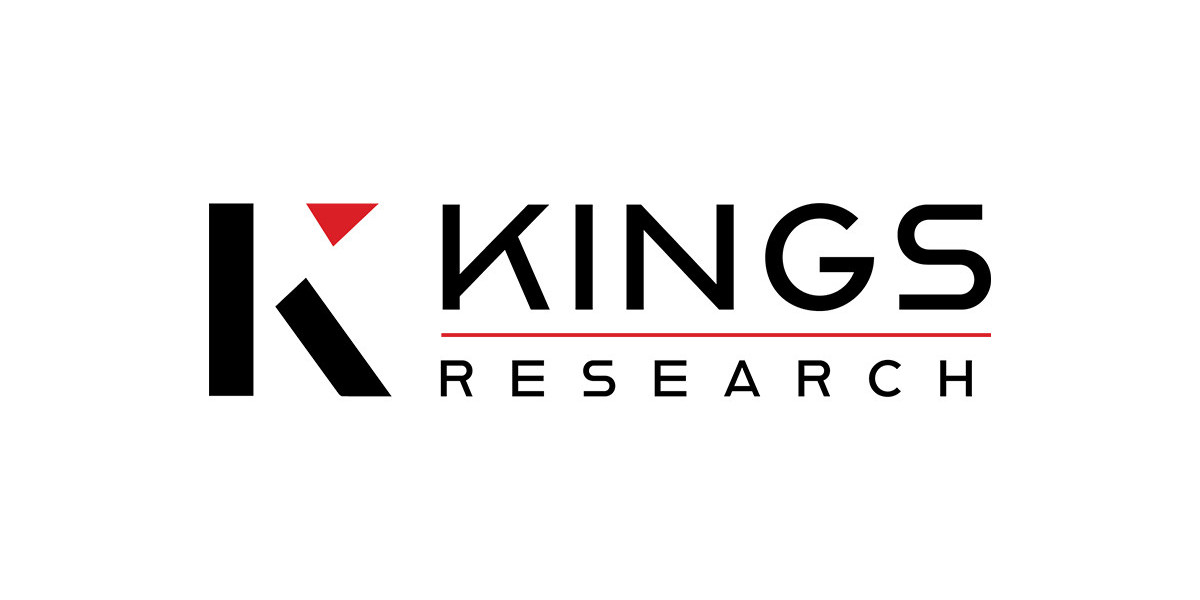Air conditioners are widely recognized for their cooling capabilities, keeping homes and workplaces comfortable during warm months. However, many people might not realize that modern air conditioning units can also serve as efficient heating devices. Using your air conditioner to heat your home is becoming increasingly popular, especially in cities like London, where temperatures fluctuate and energy efficiency is a priority. This quick guide will explain how air conditioners provide heat, the types of systems suitable for this purpose, and practical advice on making the most of your unit throughout the year.
Understanding How Air Conditioners Can Provide Heat
At the heart of using an air conditioner for heating lies the technology known as a heat pump. Unlike traditional electric heaters or gas boilers that generate heat by burning fuel or using electrical resistance, heat pumps transfer heat from one place to another. In cooling mode, an air conditioner removes heat from the indoor air and releases it outside. When switched to heating mode, the process reverses: the system extracts heat from the outdoor air and pumps it inside, even in cold weather.
This reversible function means your air conditioner can serve as a year-round climate control solution. While this might sound counterintuitive—how can heat be drawn from cold outdoor air?—modern heat pumps are designed to efficiently extract heat from the environment even at low temperatures. As a result, they provide a greener alternative to conventional heating methods because they use less energy to generate warmth.
To maintain optimal heating performance, regular air conditioner maintenance is essential. Keeping the filters clean, ensuring refrigerant levels are adequate, and servicing components helps your system work efficiently, reducing energy consumption and extending its lifespan.

Types of Air Conditioning Systems Suitable for Heating
Several types of air conditioning systems incorporate heat pump technology and are well-suited for heating your home:
Split Systems: These are among the most common units found in residential settings. They consist of an indoor unit mounted on a wall and an outdoor compressor. Many split systems feature a heat pump function allowing heating and cooling within a single device.
Multi-Split and VRF Systems: Larger homes or commercial buildings may benefit from multi-split systems or Variable Refrigerant Flow (VRF) technology. These allow multiple indoor units to be connected to one outdoor unit, providing efficient heating and cooling with flexible zoning.
Portable Air Conditioners: Some portable units come with a heating mode, ideal for temporary heating or small rooms. While less efficient than fixed systems, they offer versatility and ease of installation.
Centralised HVAC with Heat Pumps: In some modern homes, central heating and cooling are managed through a heat pump integrated into the HVAC system. These are typically more expensive to install but offer whole-house temperature control.
Here's a quick comparison of these systems for heating:
System Type | Heating Efficiency | Installation Complexity | Ideal For |
Split Systems | High | Moderate | Small to medium homes |
Multi-Split/VRF | Very High | Complex | Large homes, commercial use |
Portable Air Conditioners | Moderate | Easy | Temporary or small spaces |
Central HVAC Heat Pumps | High | Complex | Whole-house applications |
Choosing the right system depends on your home size, budget, and heating needs.
Benefits of Using Air Conditioners for Heating
Using your air conditioner as a heating source comes with several advantages:
Energy Savings: Heat pumps are generally more energy-efficient than traditional electric heaters, leading to reduced energy bills. Their ability to transfer heat instead of generating it means lower electricity consumption.
Lower Carbon Footprint: As they use renewable heat from the environment, air conditioners with heat pump technology produce fewer greenhouse gas emissions than fossil fuel-based heating systems.
Quick and Consistent Heating: These units warm rooms rapidly and maintain a steady temperature, enhancing comfort.
Dual Functionality: Having one system that both heats and cools reduces the need for separate appliances, saving space and installation costs.
Simple Installation and Maintenance: Many split and multi-split systems are relatively straightforward to install and maintain, especially compared to full central heating setups.
Improved Comfort Control: Advanced units offer zoning options, allowing different rooms to be heated to varying temperatures as needed, increasing comfort and efficiency.
The flexibility and cost-effectiveness of heating with air conditioning London make it a compelling choice for many homeowners in London and beyond.
Practical Tips for Using Your Air Conditioner to Heat Your Home
To get the most out of your air conditioner’s heating capabilities, consider these practical tips:
Set Efficient Temperatures: Aim to keep your thermostat between 18-21°C during heating mode. Setting it too high can waste energy without significant comfort benefits.
Maintain Your Unit Regularly: Clean or replace air filters monthly during heating seasons to ensure unobstructed airflow. Schedule professional servicing annually to check refrigerant levels, clean coils, and inspect the system.
Use Timers and Smart Controls: Modern air conditioners often come with programmable timers or smart thermostats. These allow you to heat your home only when necessary, reducing wasted energy.
Seal Your Home Properly: To retain heat, check for drafts around windows and doors and use draught excluders or weatherstripping where needed.
Utilise Curtains and Blinds: Closing curtains at night and opening them during sunny days helps trap heat inside and utilise natural warmth.
Supplement Wisely: During extremely cold spells, you might need to use a supplementary heating source. However, for mild to moderate winter conditions common in London, air conditioning heating usually suffices.
Implementing these practices can enhance your home’s warmth while keeping your energy bills in check.

Common Issues and Troubleshooting Heating with Air Conditioners
Despite their efficiency, some common issues can affect how well your air conditioner heats your home:
Insufficient Heat Output: This can be caused by dirty filters, low refrigerant, or blocked outdoor units restricting airflow. Regular maintenance is key to preventing these problems.
Frost or Ice on Outdoor Units: When outdoor temperatures drop, frost may build up on the heat pump’s exterior. Most systems have defrost cycles to manage this, but persistent ice might signal a malfunction requiring professional attention.
Unusual Noises: Strange sounds during heating mode can indicate mechanical issues or loose components.
Frequent Cycling: If your system turns on and off repeatedly, it may be oversized or suffer from thermostat problems.
Reduced Efficiency: Neglected maintenance can lead to reduced heating efficiency, resulting in higher energy costs.
If you notice any of these issues, contacting a qualified service technician for air conditioner maintenance can ensure your system operates effectively and lasts longer.
Conclusion
Using your air conditioner to heat your home offers a practical, energy-efficient alternative to traditional heating systems. Thanks to advances in heat pump technology, modern air conditioning units can comfortably warm your living spaces while also providing cooling during warmer months. This dual functionality not only saves space but also helps reduce energy consumption and carbon emissions—important factors for homeowners in London seeking sustainable solutions.
If you're considering upgrading or need expert advice on air conditioning london and air conditioner maintenance, contact Hamilton Air Conditioning Ltd. Their professional team can help you choose the right system and keep it running efficiently, no matter the season.








